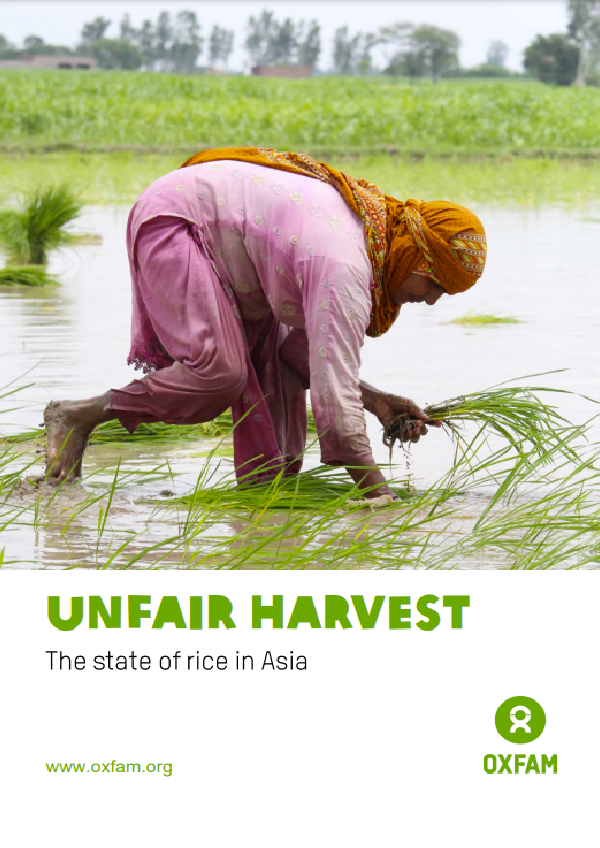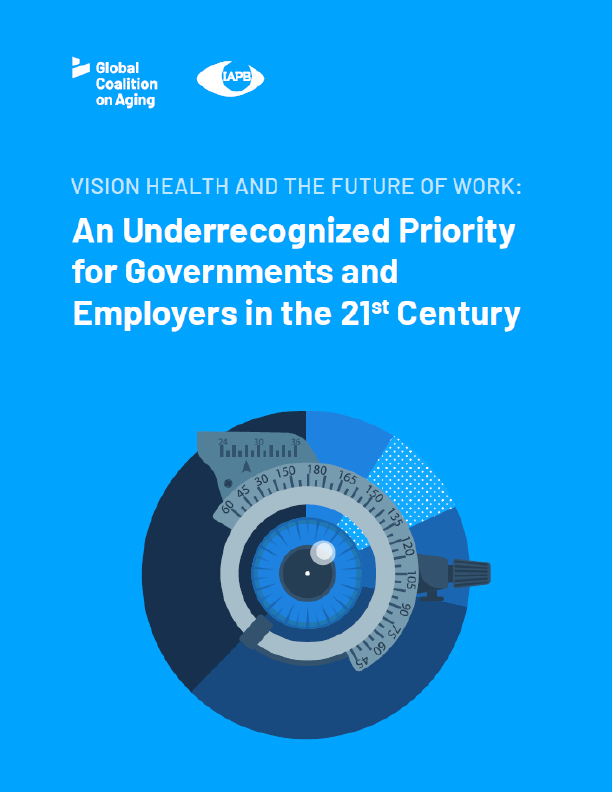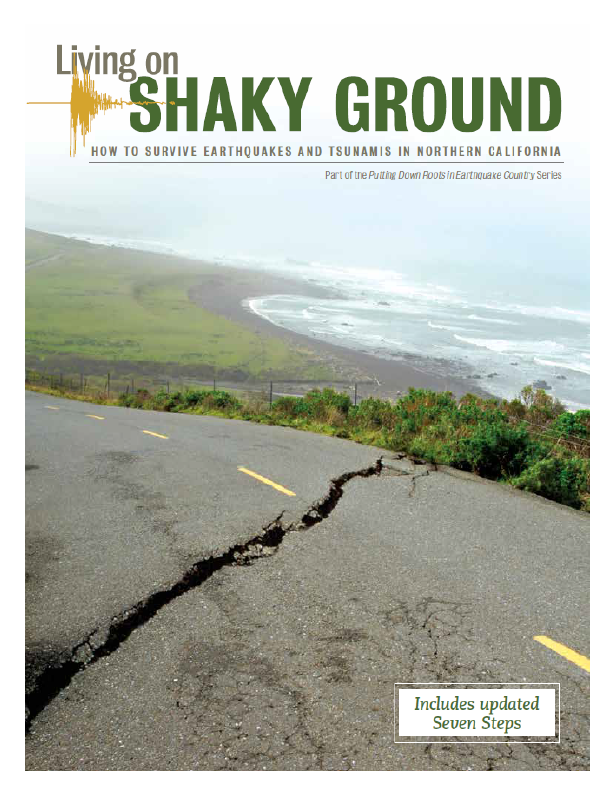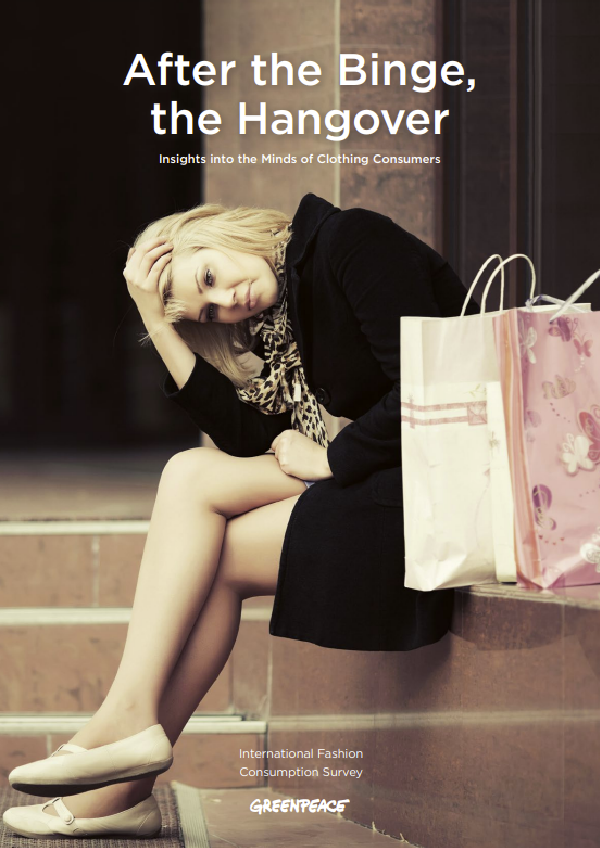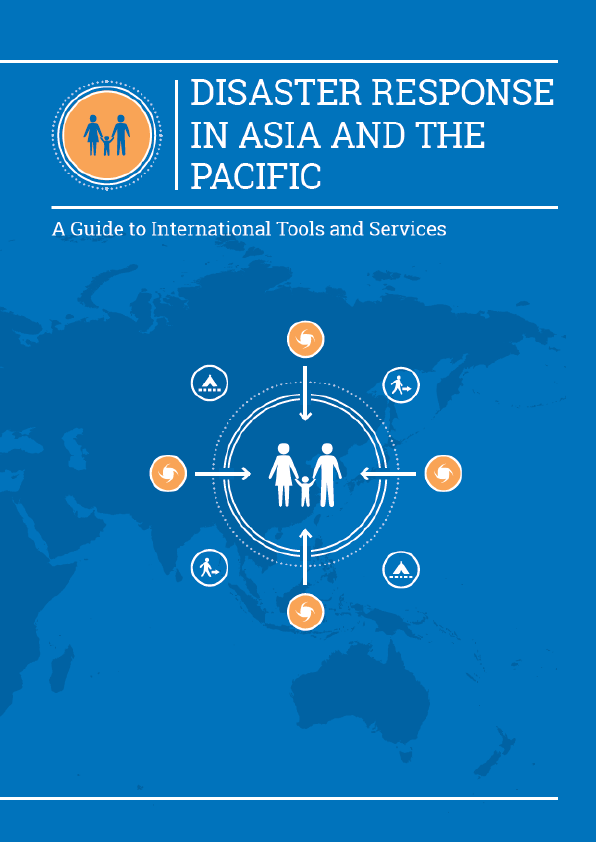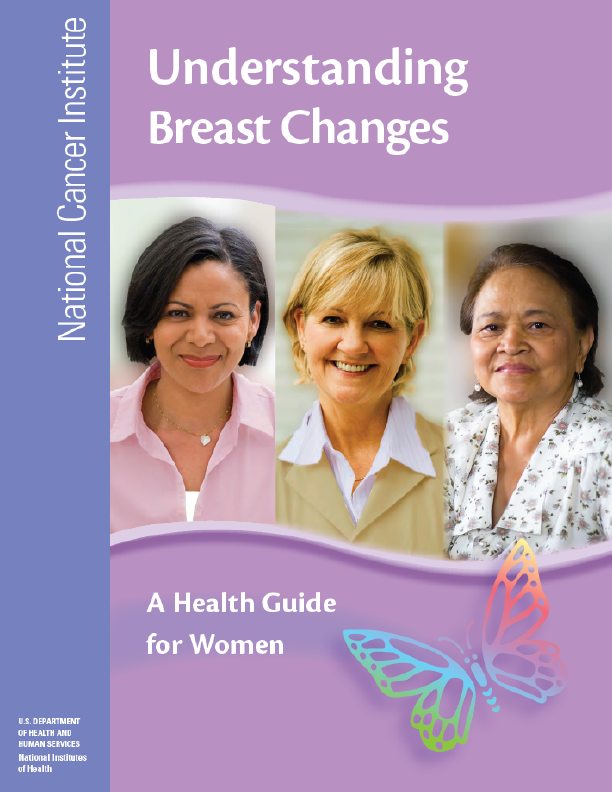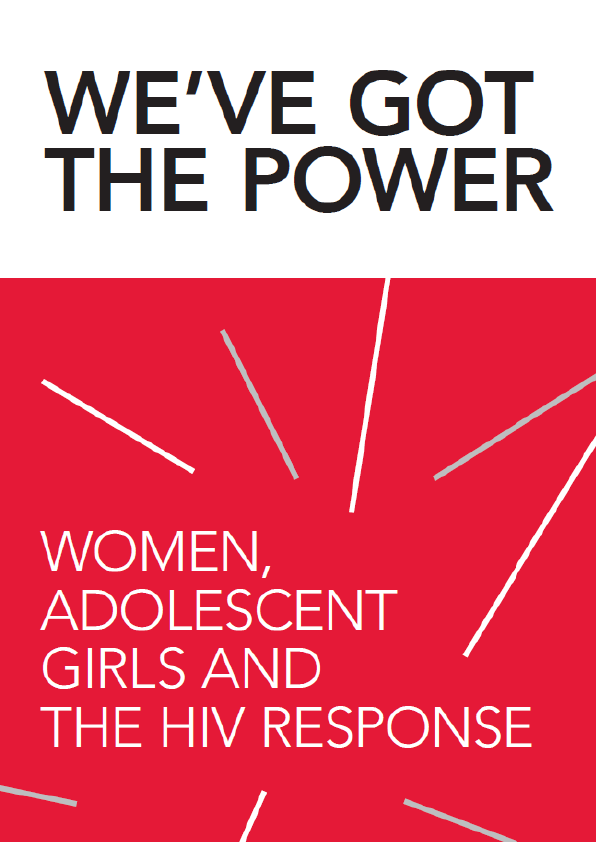Unmilled rice, known as “paddy“, is usually harvested when the grains have a moisture content of around 25%. In most Asian countries, where rice is almost entirely the product of smallholder agriculture, harvesting is carried out manually, although there is a growing interest in mechanical harvesting.
The food industry is worth billions of dollars, and yet poverty is widespread among the small-scale farmers and workers who produce and process the things we eat.
Rice farming in Asia is no exception. Small-scale producers grow most of the rice in Asia, but for generations have been trapped in unequal relations with traders, millers and other actors along the value chain, lacking the power to negotiate for a fair share of the value of what they have grown. Increasing input costs, unsustainable production methods and climate change are all adding to their risks and vulnerability. The burden is particularly bad for women farming and working in the Asian rice sector: they receive lower wages and suffer discrimination.
Research commissioned by Oxfam suggests that rice farmers can receive as little as 4% of the price paid by consumers,3 leaving them with incomes significantly below the level needed for a basic but decent standard of living (a living income – see the definition in Box 2) in each country studied. In Nepal, where the gap is largest, farmers’ incomes from rice farming are estimated at just 13% of the living income.
However, the rice sector in Asia is changing fast, with mechanization changing production methods, consolidation of millers and traders changing distribution, and the rise of supermarkets changing retail. This modernization could be a major opportunity for rice farmers to engage in new markets, build sustainable and climate-resilient production systems, and reverse historical injustices and market exploitation.
Unfortunately, evidence indicates that so far, small-scale producers and workers are being further squeezed by these changes. The situation could get worse, as supermarkets gain more of a foothold in the region and consolidation along the value chain enables traders and retailers5 to take even more of the total value of rice sold.
To address these challenges, and ensure the development of a prosperous and sustainable rice economy, there must be reform. The development of new, better regulated value chains offers opportunities to small-scale farmers to escape exploitative relations, and move out of poverty. But governments, the private sector and civil society must act to realize this vision.
To ensure that the modernization of the rice sector benefits small-scale farmers, we call on governments, the private sector and civil society to address the structural inequalities. The sector needs better regulation, including policies that enable and encourage sustainable production, and incentivize companies to work with small-scale producers—both women and men—to achieve a more equitable distribution of the benefits and opportunities in the value chain.
Governments should:
• Legislate to protect labour rights and women’s rights, including guaranteeing adequate minimum prices for small-scale farmers, and guaranteeing equal pay and conditions between women and men.
• Support alternative business models that work with and strengthen cooperatives and agricultural collectives, including in the informal sector.
• Enact and enforce policies to improve access to resources and opportunities for small-scale producers and women, including supporting farmers to move to more sustainable production methods.
• Create incentives for businesses to implement sustainability standards which benefit smallholder farmers.
The private sector should:
• Commit to upholding the UN Guiding Principles on Business and Human Rights.
• Commit to implementing inclusive and gender-sensitive practices and standards, and promote standards that focus on smallholder interests, gender equality and climate change.
• Guarantee safe working conditions and equal opportunities for women throughout their value chain.
This report is part of Oxfam’s new campaign to expose the root causes behind human suffering in food supply chains and to mobilize the power of people around the world to help end it.
